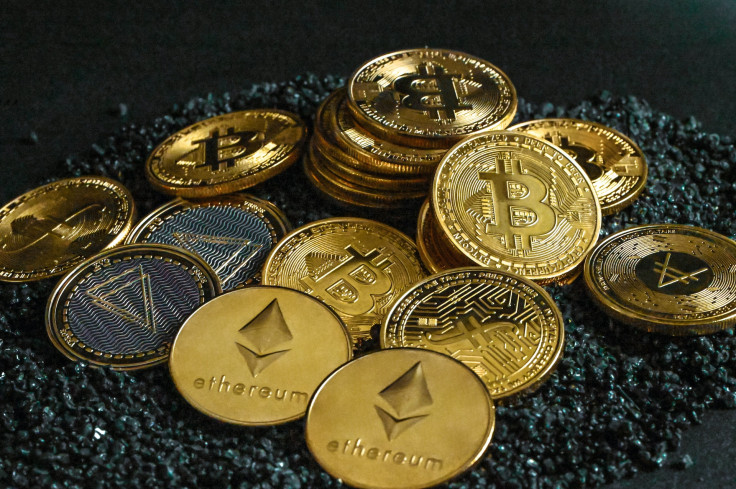
KEY POINTS
- Russian finance minister Anton Siluanov says crypto shouldn't be prohibited in the country, but should be regulated
- The Russian central bank wants an outright ban on the circulation and issuance of cryptocurrencies in Russia
- Putin appears to be more open to crypto as he approved a law that will introduce a CBDC
Russia's Ministry of Finance has indicated a willingness to discuss and resolve its issues with the Central Bank of the Russian Federation over cryptocurrency regulations, signaling a possible shift in the country's regulatory approach toward digital assets and cryptocurrencies.
During a recent speech, Russian finance minister Anton Siluanov said he was "sure that the Central Bank and I will come to an agreement," local RBC reported. He went on to say that the issue has been in negotiation for several years. He did say that cryptocurrencies should not be prohibited. However, the emerging sector should be regulated. "I am sure that we will find a solution," he said.
Among the key points of contention between the central bank and the finance ministry is the use of digital assets for settlements within Russia and overseas. "We need to talk about what can and cannot be done with cryptocurrency," Siluanov said. He also revealed that the two sides have agreed to discuss crypto mining.
Back in 2022, Siluanov proposed identifying crypto traders, which will diminish the industry's major selling point: anonymity. However, the Russian central bank reportedly had other views as it wanted an outright ban on crypto circulation in the country and was also opposed to its issuance.
Siluanov also said in 2017 that President Vladimir Putin discussed the issues related to crypto. The Kremlin chief pointed out concerns over money laundering and cases related to the identification of crypto users. "That's why we have agreed that the state should regulate the issuing of cryptocurrencies, their mining and turnover," Siluanov said at the time.
Putin's concerns may stem from reports of laundering on crypto exchanges operating in Russia. Late last year, blockchain analysis firm Chainalysis revealed that hackers believed to be backed by North Korea may have been using Russian exchanges to launder pilfered funds.
One such case is the Harmony Protocol compromise wherein nearly $22 million worth of digital assets stolen from the breach were moved to a Russian-based exchange known for transactions of illicit nature.
Despite concerns over the risks involved with crypto markets, Putin gave his approval to a law that will introduce a central bank digital currency (CBDC), called the digital ruble. It is designed to be used as an alternative payment mode alongside cash and non-cash rubles. The central bank will oversee its operational infrastructure.
It remains to be seen how Russia's crypto industry will evolve, but the latest positive signals from the finance ministry and central bank may pave the way for a Russian crypto market that fosters innovation while regulating an industry prone to threat actors.







